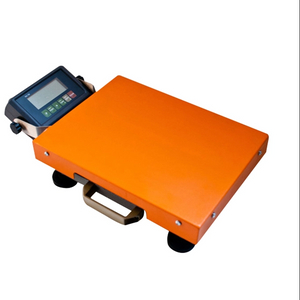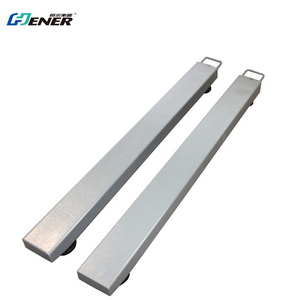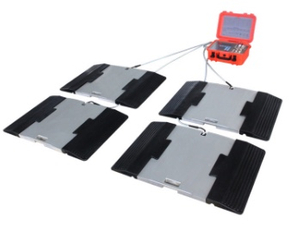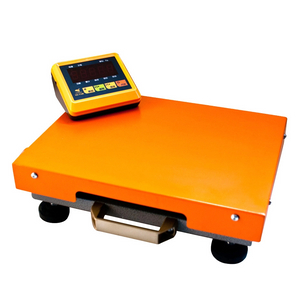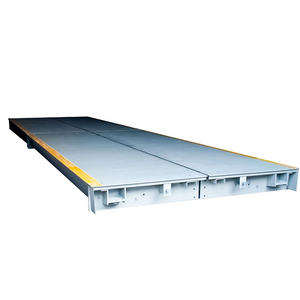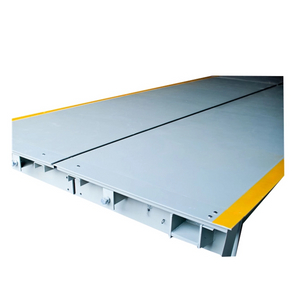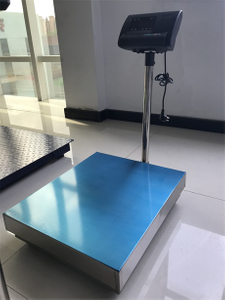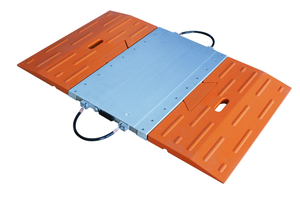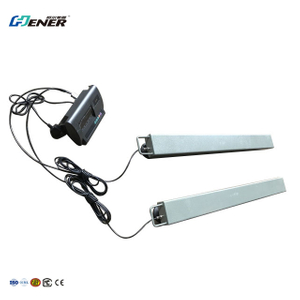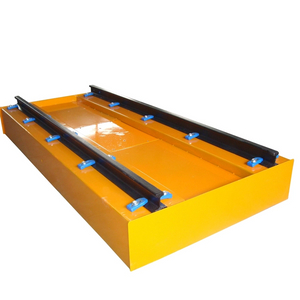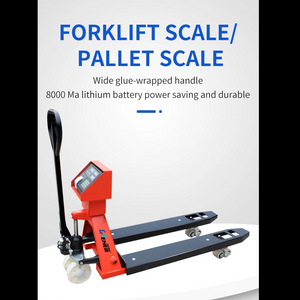Electronic truck scales have emerged as the cornerstone for accurate and efficient weight measurement in various industries, including transportation, logistics, construction, and waste management. These advanced weighing systems replace traditional mechanical scales with sophisticated digital technology that delivers real-time, precise measurements. However, their accuracy is not just a matter of technical superiority; it’s a critical factor affecting regulatory compliance, billing integrity, and operational efficiency. This comprehensive article delves into the intricacies of electronic truck scale design, their operational principles, the factors influencing their accuracy, how they are regulated and calibrated, and a comparison to their mechanical counterparts.
The Science Behind Electronic Truck Scales
An electronic truck scale relies on load cells to detect weight. Load cells, typically made from strain gauge technology, convert the physical force exerted by the vehicle onto the scale platform into electrical signals. The signals are then amplified, processed, and converted into weight readings by a digital indicator or controller. Modern load cells boast high sensitivity, low drift rates, and temperature compensation features, which contribute significantly to the overall accuracy of the scale system.

Accuracy Standards and Regulatory Compliance
In the United States, the National Type Evaluation Program (NTEP) sets forth strict guidelines for commercial weighing devices, including truck scales. NTEP certification ensures that electronic truck scales meet or exceed rigorous standards for precision, reliability, and durability across different operating conditions. Similarly, international regulations such as those set by the International Organization of Legal Metrology (OIML) guarantee consistency and comparability worldwide.
Factors Impacting Accuracy
Load Cell Quality:
Top-quality load cells play a pivotal role in ensuring consistent, precise measurements. They must be rugged enough to withstand harsh environments while maintaining sensitivity over time.
Scale Calibration:
Regular calibration using certified test weights is essential to maintain the scale’s accuracy. This process adjusts the scale to account for any drift caused by wear, environmental changes, or other variables.
Installation and Foundation:
The stability and levelness of the foundation affect accuracy. Proper installation involves anchoring the scale securely to prevent movement during weighing and ensuring the surface remains flat to distribute weight evenly.
Environmental Factors:
Temperature fluctuations, humidity, wind, and vibrations can all impact accuracy. High-end electronic truck scales often integrate software filters and algorithms to compensate for these environmental influences.
Software and Data Processing:
Advanced data processing capabilities enable modern indicators to filter out noise, perform complex calculations, and provide detailed weight reports instantly. They can also accommodate dynamic weighing, allowing trucks to move slowly across the scale without sacrificing precision.
Vehicle Positioning:
Accurate readings require vehicles to be positioned correctly and fully on the platform. Some electronic truck scales include guidance systems and visual cues to help drivers position their vehicles optimally.
Capacity and Overload Protection:
Scales should be rated to handle the maximum expected loads without compromising accuracy. Built-in overload protection prevents damage and maintains long-term performance.
Maintenance and Upkeep:
Consistent maintenance, cleaning, and periodic checks are crucial to ensure ongoing accuracy. This includes inspecting for debris, corrosion, or damage to load cells, wiring, or junction boxes.
Comparing Electronic vs. Mechanical Scales
While mechanical truck scales were once the industry standard, electronic scales offer several advantages:
Greater Accuracy: Electronic scales tend to have lower error rates due to their advanced signal processing and lack of moving parts that can wear and shift over time.
Faster Weighments: Digital readouts occur almost instantaneously, reducing wait times and improving throughput.
Reduced Maintenance: With fewer mechanical components, electronic scales generally require less frequent maintenance and have longer lifespans.
Data Integration: Seamless integration with computerized systems allows for automated record-keeping, real-time inventory tracking, and remote monitoring.

Electronic truck scales have indeed revolutionized weighment practices with their exceptional accuracy and advanced capabilities. To achieve and maintain this precision, it is vital to consider factors such as load cell quality, proper installation, regular calibration, and smart software integration. Moreover, selecting scales that adhere to national and international standards ensures compliance and promotes confidence in the data collected. As technology continues to advance, electronic truck scales will undoubtedly remain at the forefront of weighment innovation, driving efficiency and transparency in the global supply chain where accuracy truly matters.
English
العربية
Français
Русский
Español
Português
Deutsch
italiano
Nederlands
Tiếng Việt
ไทย
Polski
Türkçe
ភាសាខ្មែរ
Bahasa Melayu
Filipino
Bahasa Indonesia
Română
Čeština
Монгол
қазақ
Српски
हिन्दी
Slovenčina
Slovenščina
Norsk
Svenska
Ελληνικά
Suomi
Հայերեն
Latine
Dansk
Shqip
Hrvatski
Afrikaans
Gaeilge
Eesti keel
Oʻzbekcha
latviešu
Azərbaycan dili
Беларуская мова
Български
ქართული
guarani
Кыргызча
Lietuvių
Македонски
Malti
Soomaali
Тоҷикӣ
Türkmençe




